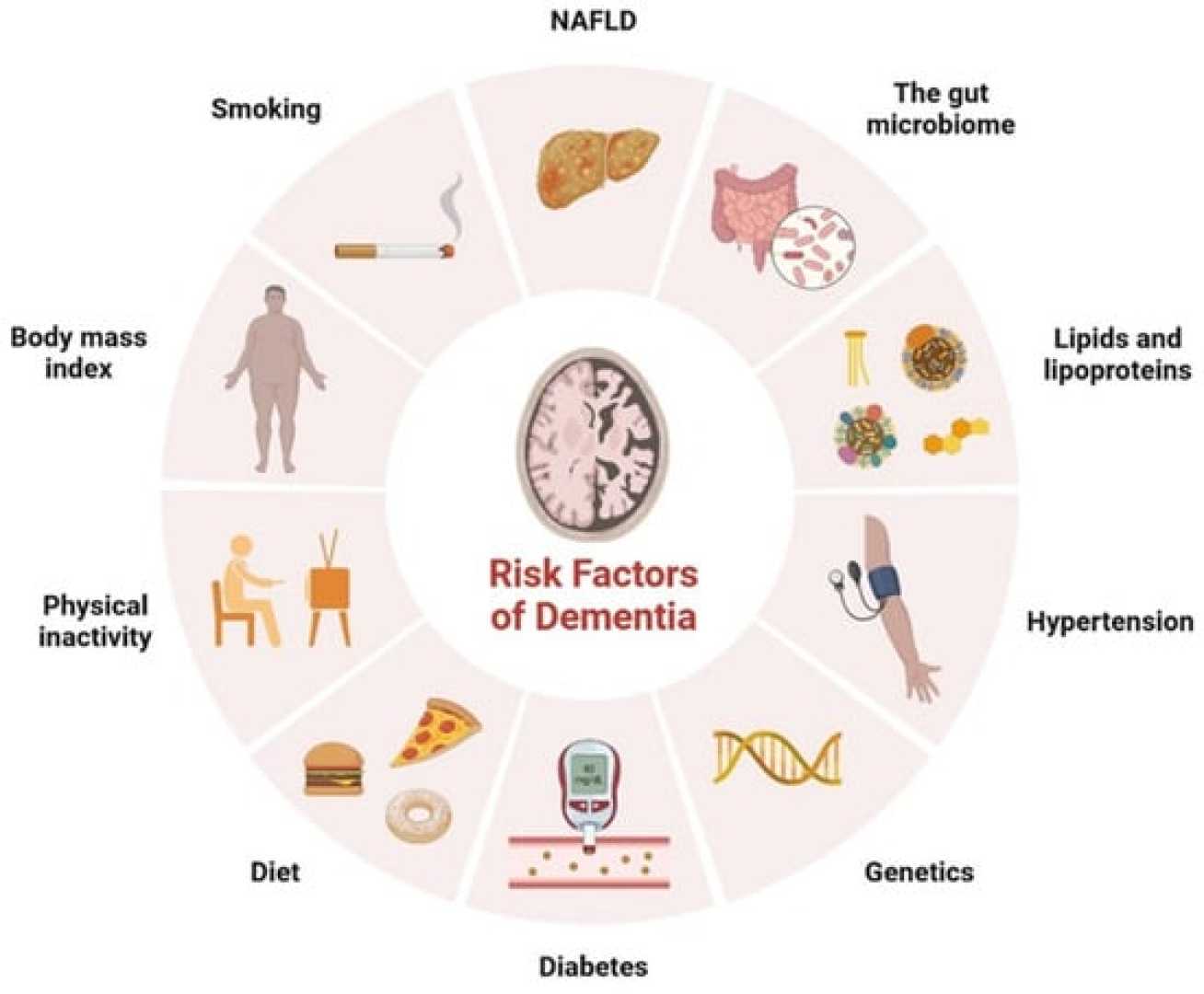Health
Early-Onset Type 2 Diabetes Linked to Higher Dementia Risk, New Study Finds

A recent study published in the journal PLOS ONE has revealed a significant link between developing type 2 diabetes before the age of 50 and an increased risk of dementia. Researchers from the NYU Rory Meyers College of Nursing analyzed data from approximately 1,200 U.S. adults aged 50 and over from the Health and Retirement Study conducted by the University of Michigan Institute for Social Research. The findings indicate that adults diagnosed with type 2 diabetes before the age of 50 are 1.9 times more likely to develop dementia compared to those diagnosed at 70 or older.
The study highlighted a clear ‘dose-response’ pattern where the earlier the age at diagnosis of type 2 diabetes, the higher the dementia risk. For instance, receiving a diagnosis between ages 50 to 59 increased dementia risk by 1.72 times, and between ages 60 to 69 by 1.7 times. This trend is particularly concerning given the rising incidence of early-onset type 2 diabetes globally.
Obesity was also identified as a significant factor in the link between type 2 diabetes and dementia. Participants with obesity who received a type 2 diabetes diagnosis before age 50 had the highest dementia risk, equivalent to three times the risk of individuals who did not have obesity and were diagnosed with diabetes after age 50. This interaction suggests multiple intervention points for prevention and underscores the need for vigilance regarding cognitive health in younger diabetes patients, especially those with obesity.
Dementia itself is a general term for the loss of memory, language, problem-solving, and other thinking abilities severe enough to interfere with daily life. It is not a specific disease but a collection of symptoms caused by various brain disorders. Understanding these risk factors could help healthcare providers develop more targeted prevention strategies and better identify high-risk individuals.












